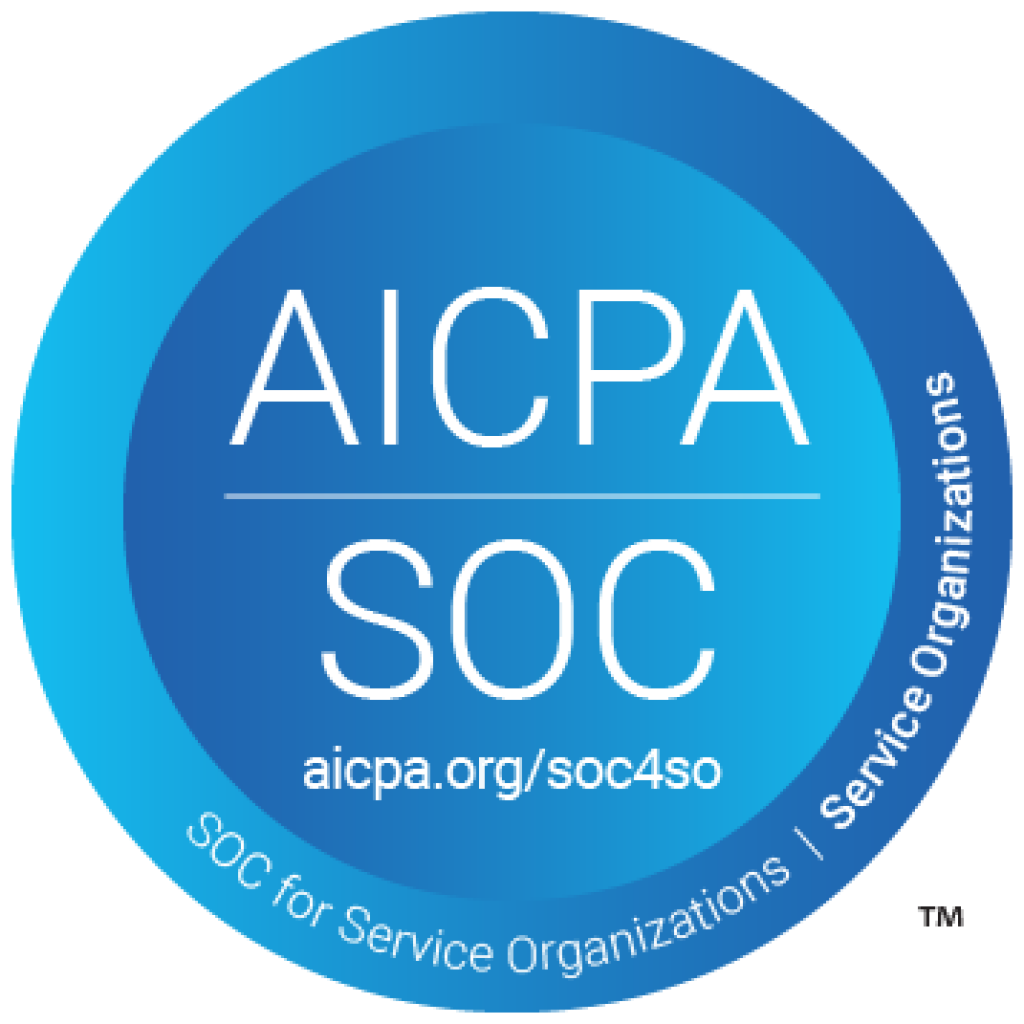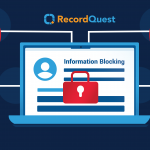Understanding Lien Laws in North Carolina
Lien laws in North Carolina, particularly concerning medical records, play a critical role in the healthcare industry and legal matters. These laws are designed to ensure that healthcare providers are compensated for their services, especially when patients are involved in personal injury cases. Understanding these laws is essential for both healthcare professionals and legal practitioners to navigate the complex landscape of medical liens effectively.
The Basics of Medical Liens
A medical lien is a legal claim placed on a patient’s settlement or judgment in a personal injury case to secure payment for medical services rendered. This legal mechanism ensures that healthcare providers are not left uncompensated when a patient’s treatment is connected to an accident or injury for which someone else is legally responsible.
Key Points In North Carolina Lien Laws
Statutory Liens: North Carolina has established statutory lien laws that grant healthcare providers the right to place a lien on a patient’s settlement of judgment. The healthcare provider must comply with specific legal requirements to create a valid lien.
Perfecting a Lien: To perfect a lien in North Carolina, a healthcare provider must file a written notice of the lien with the county clerk’s office where the patient’s personal injury lawsuit is pending. This notice should include details about the provider’s services, charges, and the patient’s name.
Time Limitations: It is crucial for healthcare providers to act promptly in filing a lien. In North Carolina, this must be done within 180 days of the last date of treatment, or the lien may be invalid.
Priority Rules: In the event of multiple liens on a single settlement of judgment, priority rules come into play. Generally, the first lien filed takes precedence. Understanding these rules is essential., as it can significantly affect a provider’s ability to recover payment.
Lien Reduction: Healthcare providers may be required to reduce their lien amount if the patient’s recovery is limited, and the settlement or judgment does not fully cover the medical expenses.
Legal Representation: Parties involved in personal injury cases, including patients, attorneys, and healthcare providers, should consider legal professionals who specialize in medical lien issues. These experts can help navigate the complexities of lien laws, negotiate lien reductions, and ensure fair compensation.
Impact on Healthcare Providers
For healthcare providers, understanding North Carolina’s lien laws is essential for maintaining financial stability and ensuring the continuation of quality patient care. By placing a lien on a patient’s settlement, providers can recover the costs associated with treatment and care provided to individuals through no fault of their own.
However, North Carolina is distinct among U.S. states due to its explicit regulations on fees concerning the release of medical records under a lien. According to the General Statutes §§ 44-49 and 44-50, North Carolina physicians are legally prohibited from charging any fee for providing medical records. This clear legal framework sets North Carolina apart, ensuring that patients and entities involved in lien cases do not incur additional financial burdens when accessing essential medical documentation. These laws highlight the state’s dedication to making it easy to obtain medical records while also ensuring fairness and transparency in the legal system.
Conclusion
Understanding lien laws in North Carolina regarding medical records is vital for all parties involved in personal injury cases. These laws provide the framework for all healthcare providers to seek compensation for their services while ensuring that patients receive appropriate care and treatment. By adhering to these laws and seeking legal counsel when necessary, healthcare providers, patients, and legal professionals can navigate the complexities of medical liens to achieve fair and equitable outcomes in personal injury cases.
RecordQuest is committed to providing information and guidance; however, it’s crucial to understand that we do not provide legal advice. We strongly recommend consulting a legal professional when dealing with complex legal matters.




